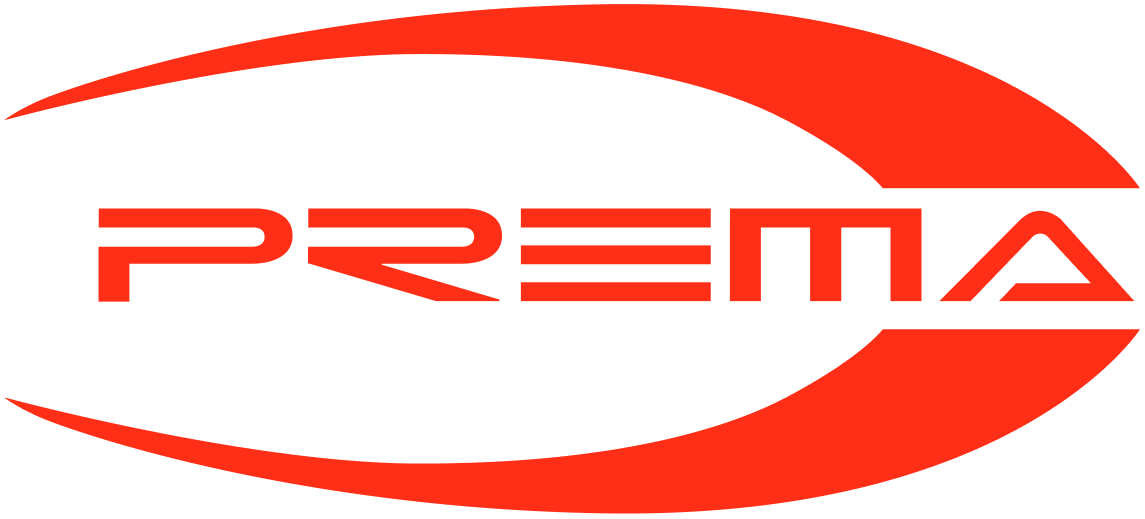No one doubts the importance of compressed air systems. In industrial applications from pharmaceutical to food & beverage, they run the whole show.

But companies would do well to remember that they’re never locked into one compressed air system. In fact, most plants that use compressed air could probably do with a fresh set of eyes on their system: They might find they’re not running it as efficiently as they could be — with the result being wasted energy and higher bills.
Local electricity rates, hose length, machine size, air use requirements of your tools, altitude, temperature, and relative humidity of your work environment all affect energy efficiency – and therefore the cost of your air compressor system. Chances are you can make at least one or two improvements that will reduce costs in the long run.
When it comes to industrial environments like bottling plants and pharmaceutical facilities, compressed air systems typically consume more energy and cost more to operate than anything else. The U.S. Department of Energy released a study showing that between 10-30% of industrial facility energy costs go toward compressed air.
It makes sense, then, that the lifetime energy cost of energy consumed is far more expensive than the up-front cost of the compressor itself. In fact, 80% of the total cost of your compressed air system will be the electricity it consumes.
For industrial plant managers looking to cut costs, there’s no better place to start than the compressed air system.
We use a simple formula for calculating compressed air cost.
Say that you’re trying to figure out the cost of a 200 hp compressor with a full-load bhp of 215 hp, and you run it for 5,000 hours a year. If your electric rate is $0.07 dollars/kwh and your motor efficiency is 95%, the cost would be as follows:

This formula assumes that you’re always operating the compressor at full load. To achieve a more realistic calculation, modify the equation to account for partial load. Multiply by the percentage of time the compressor spends at a partial load, as well as by the percentage of the full load.
If you run the above compressor at 40% of full bhp for 50% of the time at 90% efficiency, here’s what the cost would look like:

Not sure where to find the numbers in the equation? Here’s you guide:
Knowing the cost of your compressed air is the first step to increasing energy efficiency and lowering your bills.
If you’re looking to lower your energy bills and increase ROI, Mattei will find an air compressor to help you do just that. Mattei’s Optima and Maxima series feature best in class efficiency kw/100 cfm ratings, and with our proprietary rotary vane technology, they are more quiet and require lower-maintenance too.
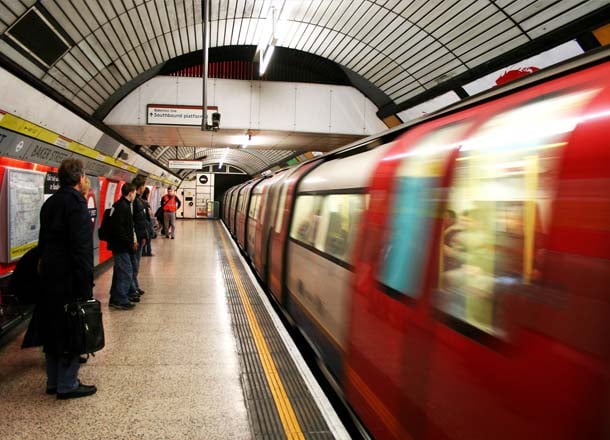
Mattei offers a wide range of vane compressor models that perfectly meet the specific needs of the transport industry.

The reliability of Mattei compressors, the high quality standards of the delivered compressed air and the compliance with the industry regulations, make them ideal to be used in the healthcare and pharmaceutical industry.

Reduced operating costs, environmental sustainability and extreme purity of the air supplied make Mattei compressors suitable for all processes in the food industry.
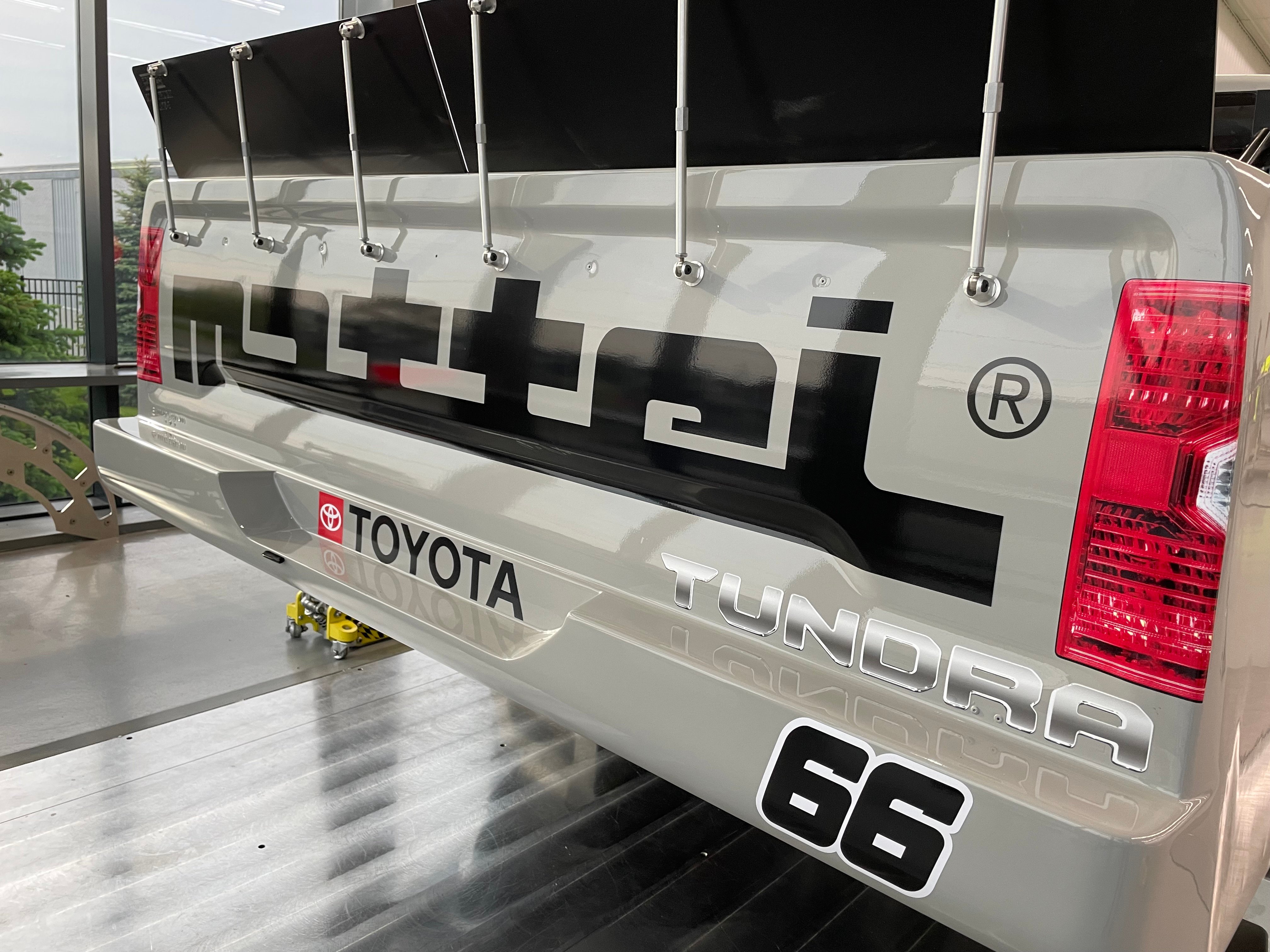
Good luck ThorSport Racing. Waiting to watch the racing!
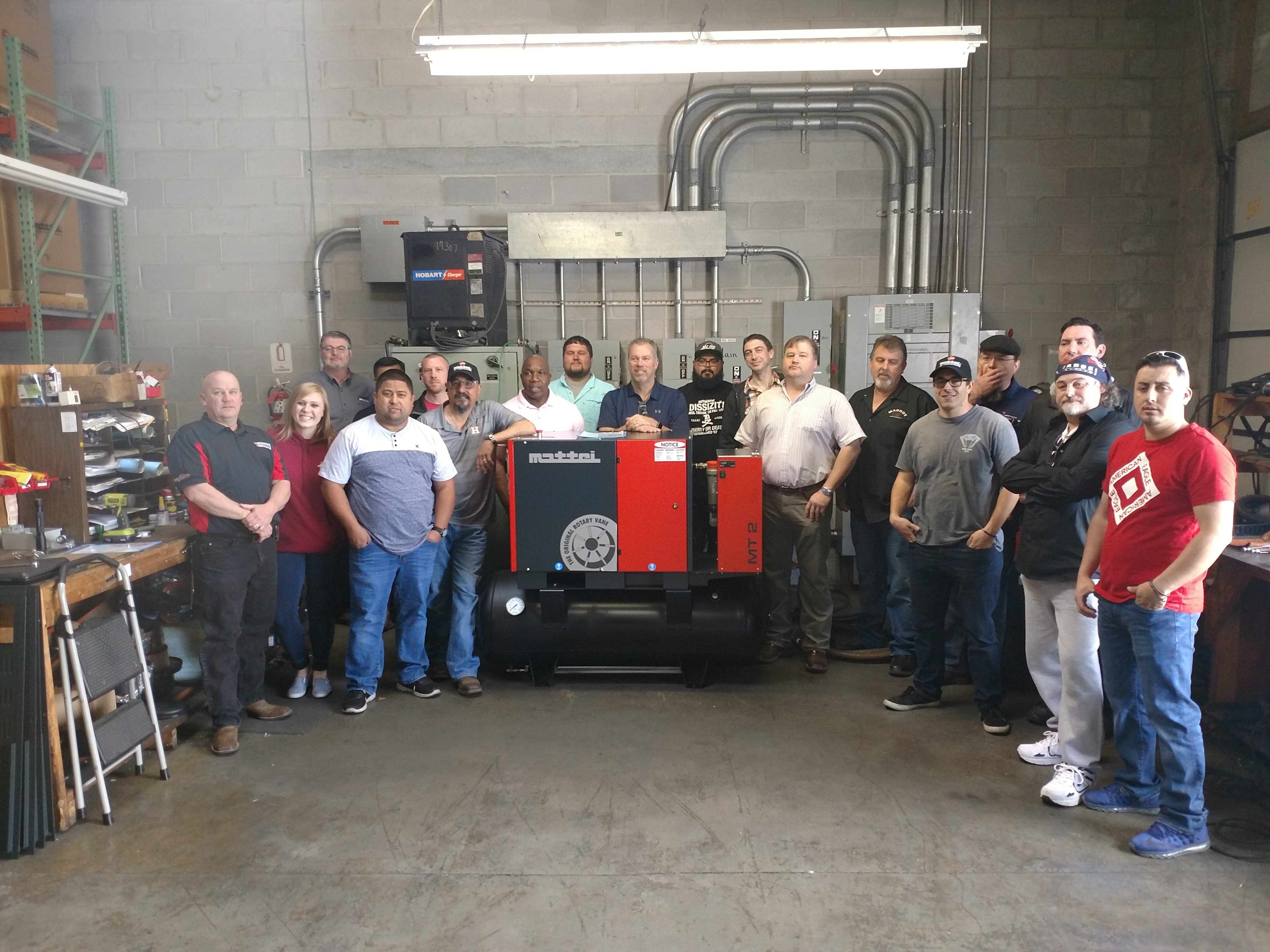
We recently held our Spring 2018 Service School for distributors. The school graduated 17 participants from both the sales and service sides.

Today, Mattei Compressors, Inc., announced the recipients of its 2017 Distributor Awards. These distributors went above and beyond to provide high-quality service to Mattei customers over the past year.
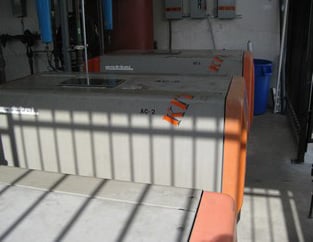
Helix Medical, LLC is widely regarded as a premier supplier of biocompatible silicone medical devices and components to the medical device, pharmaceutical and biotech industries.
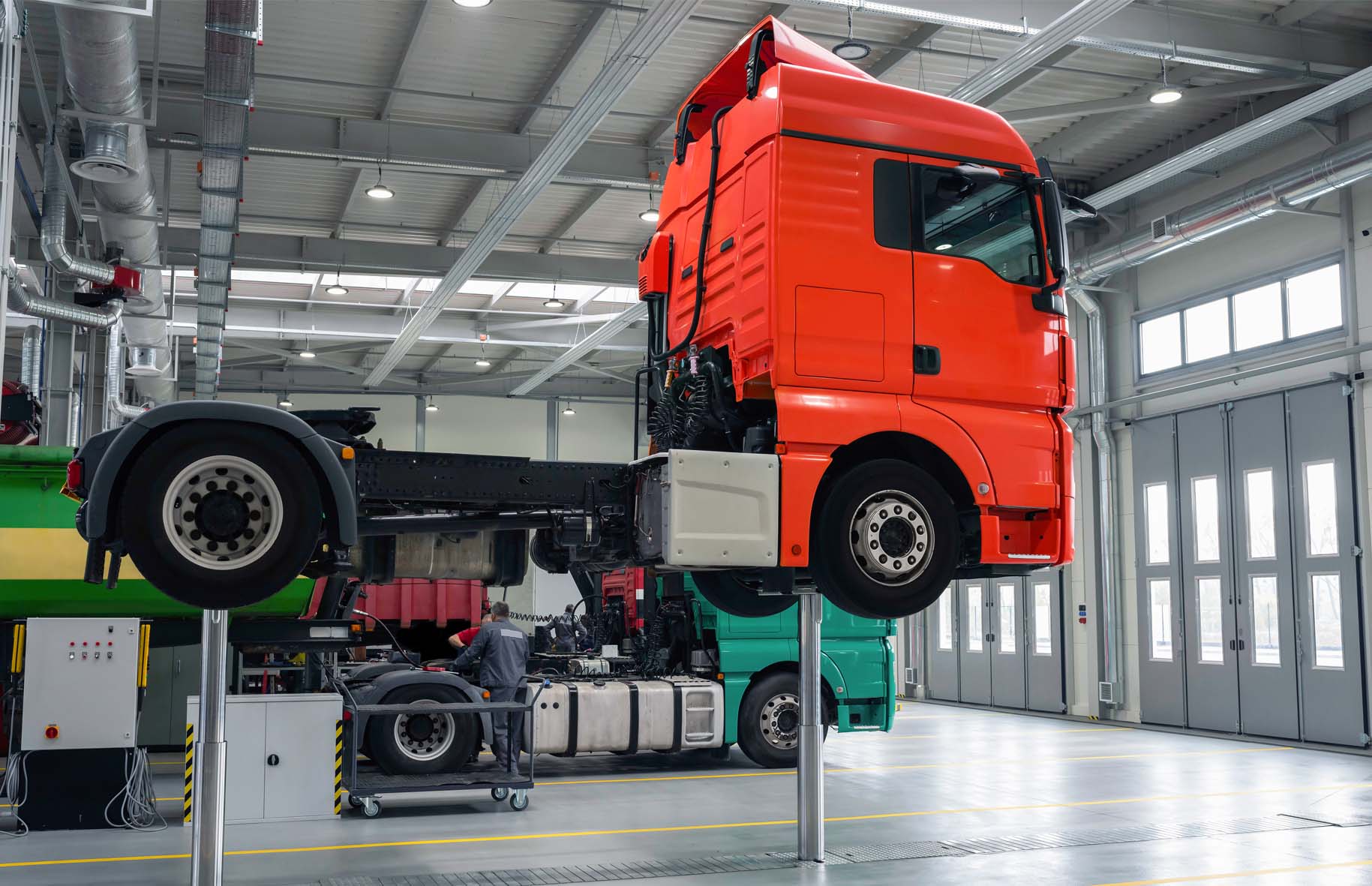
John Baker Sales, a Mattei distributor located in Colorado, worked very closely with Transwest to ascertain the company’s needs prior to making a product recommendation.

